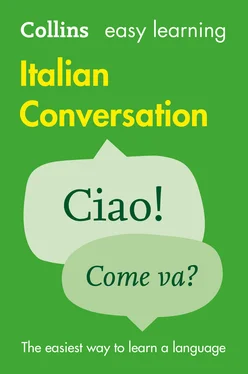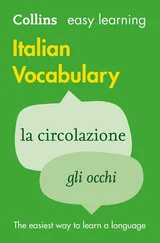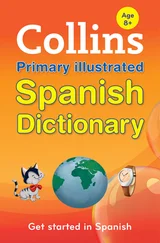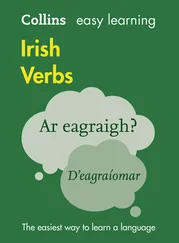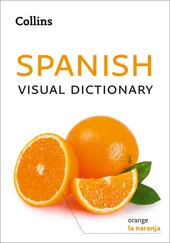| Hotrentasette anni. |
I’mthirty-seven years old. |
| Hoventidue anni. |
I’mtwenty-two. |
| Mio f i glio haotto anni. |
My son ’seight. |
| Quantianni hai? |
How old are you? |
BUONO A SAPERSI!
If you have to ask Quanti anni ha?( How old are You ?) you can always add se non sono indiscreto(or indiscreta) ( if You don’t mind my asking ).
To talk about who you are and what you do, use sono( I am ), ho( I have ) and faccio( I do ). These come from the verbs essere( to be ), avere( to have ) and fare( to do ). For more information on these verbs, see here, hereand here.
| Sonoil fratello di Ben. |
I’mBen’s brother. |
| Sonoun’amica di Paul. |
I’ma friend of Paul’s. |
| Non sonosposata. |
I’mnot married. |
| Avevo una ragazza ma adesso sonosingle. |
I had a girlfriend but I’msingle now. |
| Siamoamiche di Helen. |
We areHelen’s friends. |
When you say what you do in Italian, you use the verb fare( to do ): I’m a baker is faccio il panettiere. The verb essere( to be ) can also be used, but it is less common.
| Facciol’insegnante. |
I’ma teacher. |
| Faccioil m e dico. |
I’ma doctor. |
| Faccioil programmatore presso un’azienda inglese. |
I work asa programmer for a British company. |
| Sonoavvocato. |
I’ma lawer. |
| Siamostudentesse. |
We arestudents. |
BUONO A SAPERSI!
Remember that when talking about people’s jobs, a in English is often translated by the definite article ( il, laand so on) in Italian.
| Hodue sorelle. |
I havetwo sisters. |
| Houn f i glio e una f i glia. |
I haveone son and one daughter. |
| Abbiamoparenti nel sud It a lia. |
We haverelatives in southern Italy. |
| Abitonel Galles. |
I livein Wales. |
| Abitoda sola. |
I livealone. |
| Abitiamoin un appartamento. |
We livein a flat. |
| Adesso vivoin It a lia. |
I livein Italy now. |
| Stoall’Hotel Belvedere. |
I’m stayingat the Hotel Belvedere. |
| Stoda amici. |
I’m stayingwith friends. |
| Mi fermoa Milano per una settimana. |
I’m stayingin Milan for a week. |
To say that you’ve done something for a given length of time, use da( for ) with the present tense. Another common way of talking about things you’ve been doing for a while is to use sono… che….
| Facciol’infermiera dacinque anni. |
I’ve beena nurse forfive years. |
| Vivoin It a lia dadieci anni. |
I’ve been livingin Italy forten years. |
| Sonoa Ravenna dadue settimane. |
I’ve beenin Ravenna fortwo weeks. |
| Sonosei mesi chest u dio l’italiano. |
I’ve beenlearning Italian for6 months. |
| Sonotre mesi cheinsegno inglese in It a lia. |
I’ve beenteaching English in Italy for3 months. |
When you’re chatting socially, you will want to ask any number of questions. One simple way of finding out information from someone is to say mi parli di( tell me about ) to someone you don’t know very well, or parlami dito someone younger. These come from the verb parlare( to speak ). For more information on this verb, see here.
| Mi parli dellasua fam i glia. |
Tell me aboutYour family. |
| Mi parliun po’ dilei. |
Tell mea bit aboutYourself. |
| Parlami deltuo nuovo ragazzo. |
Tell me aboutyour new boyfriend. |
| Dimmiin che consiste il tuo lavoro. |
Tell mewhat your job involves. |
| Ma basta parlare di me. Dimmi dite, adesso. |
Enough about me. Now tell me aboutyou. |
Another common way of asking for information in spoken Italian is to use question words: Come…?( How…? ), Cosa…?( What…? ), Dove…?( Where…? ), Quando…?( When…? ) and so on.
| Comeva? |
Howare things? |
| Comesta? |
Howare You? |
| Comestai, Marco? |
Howare you, Marco? |
| Volevo chi e derti, com’è andata la vacanza? |
I meant to ask, howwas your holiday? |
| Comeva con l’università? |
How’s university going? |
| Cosafai nella vita? |
Whatdo you do? |
| Cosale piace fare nel tempo l i bero? |
Whatdo You enjoy doing in your free time? |
| Cosafarai quando finisci l’università? |
Whatare you going to do when you finish university? |
Читать дальше
